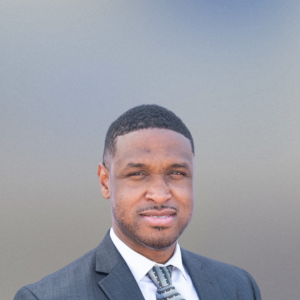PRAIRIE VIEW, Texas (June 15, 2022) In partnership with the Southern Rural Development Center at Mississippi State University, Jimmy Henry is poised to research the gaps in digital equity and access to broadband in limited-resource communities. The project funding of $28,275 will target communities that have been under or unserved, explicitly focusing on Black/African-American populations in the southern regions of the United States.
The funding allows Henry to serve on a collaborative leadership committee that guides the research and project deliverables. Henry is part of the Cooperative Extension Program in the College of Agriculture and Human Sciences, where he serves as a program leader for community and economic development.
Partners on the project are 1890 Land-Grant Institutions, the Southern Rural Development Center, and the Purdue Center for Regional Development, which collectively earned funding of $649,921 in support of the initiative.
“I’m excited to collaborate with eager like-minded professionals from other prestigious universities such as North Carolina A&T, Kentucky State University, Auburn University, Fort Valley State, Purdue University, and Mississippi State University,” said Henry.
“The way we interact in today’s global society is profoundly influenced by technology,” said Vice President Magesh Rajan, Ph.D., P.E., MBA, PVAMU Division of Research & Innovation. “The project Mr. Henry is leading to address the disparity in digital access will bolster the efforts of the institutions involved to ensure more underserved communities have access to robust internet, training, and adequate technology. We are committed to utilizing federal and state economic development and land-grant extension programs to build affordable and reliable infrastructure for underserved communities to fully participate in and contribute to today’s technological advancements.”
Henry’s research findings will benefit the university by providing solutions to communities with limited access to technology, training, and investments in high-speed broadband internet. He expects the outcomes will lead to resources and training in communities native to Prairie View A&M University students.
“I am looking forward to developing data to identify gaps in resources for non-profits and Universities, including Prairie View,” said Henry. “We will use the data to pursue funding for rural and underserved communities suffering from limited access to internet and technology, which is something many people take for granted.”
Karen B. Cotton MS, MA
